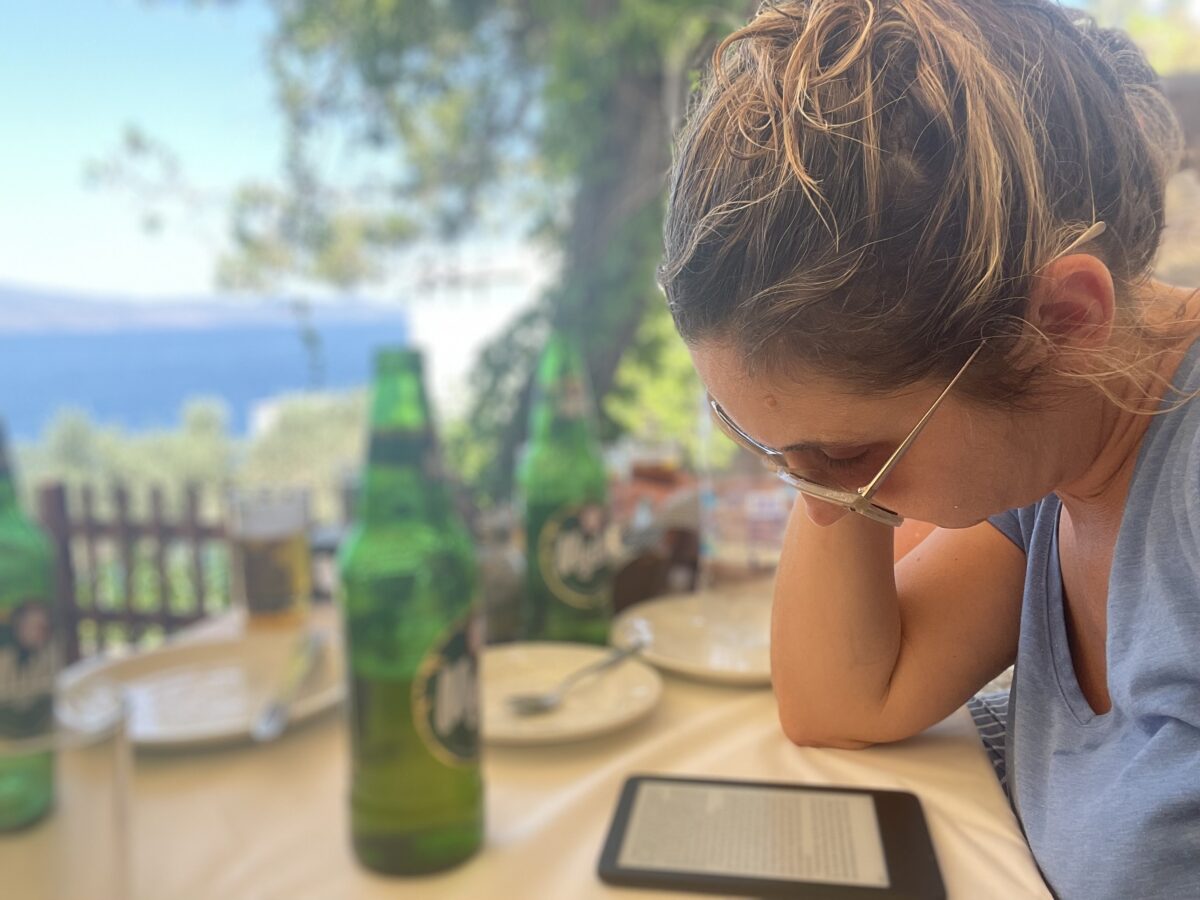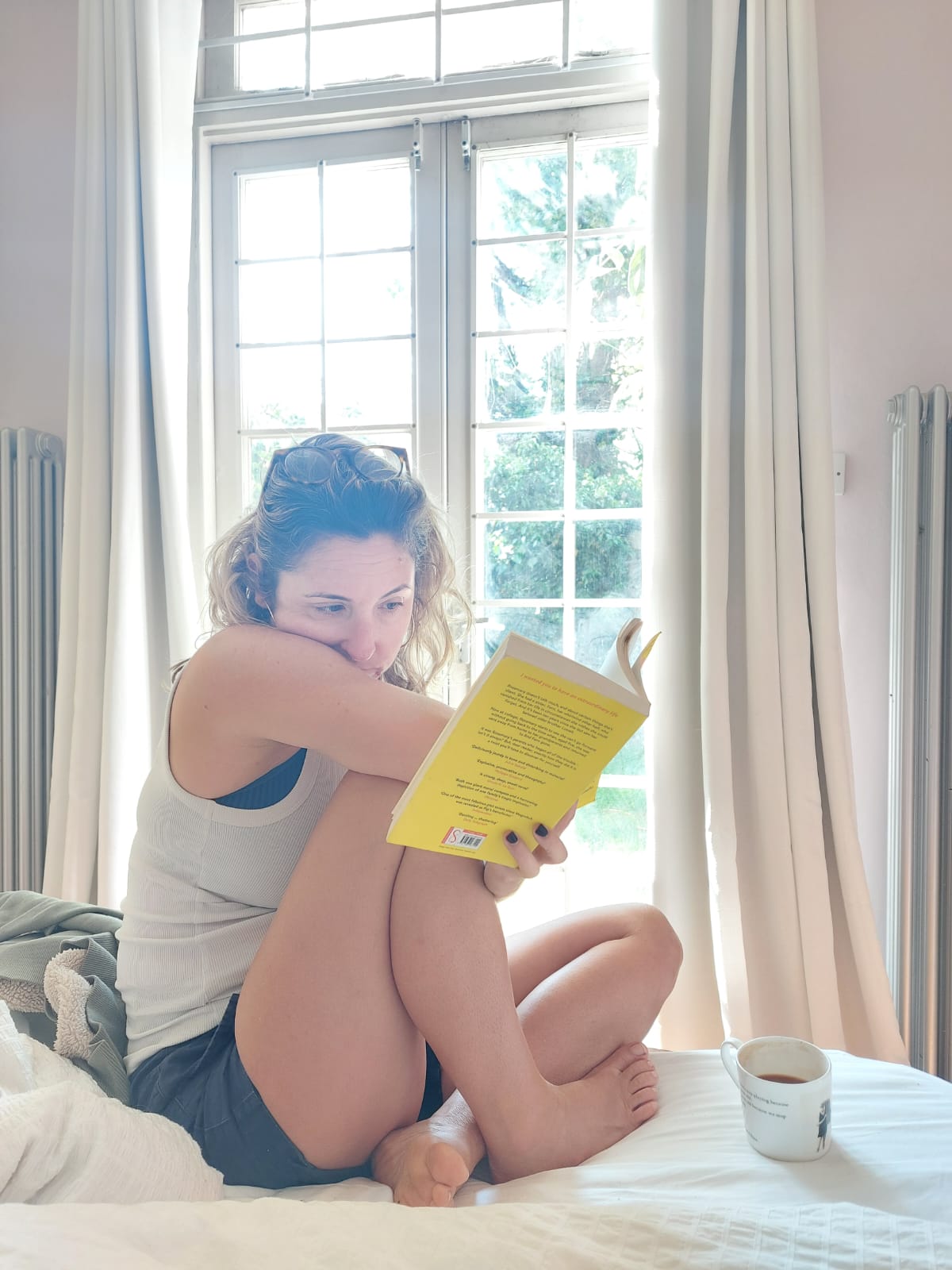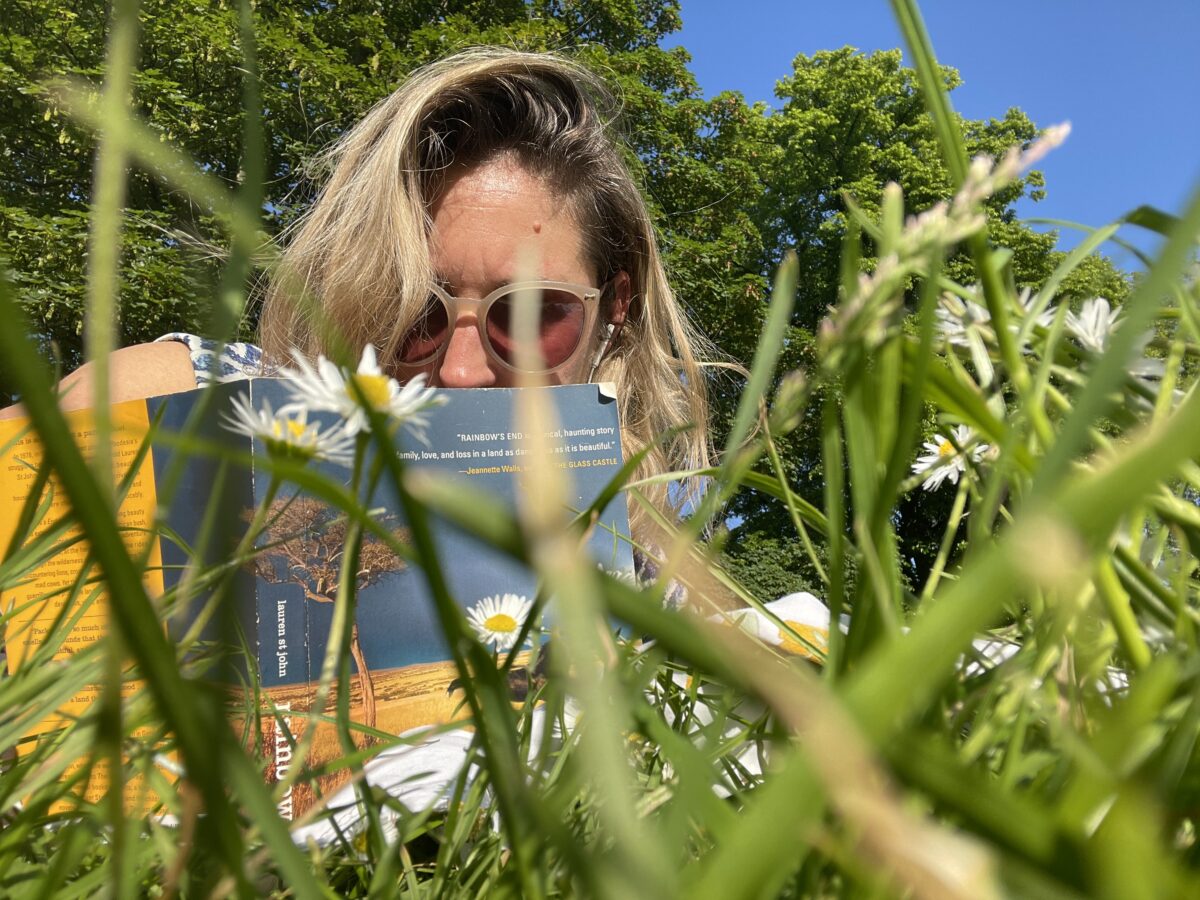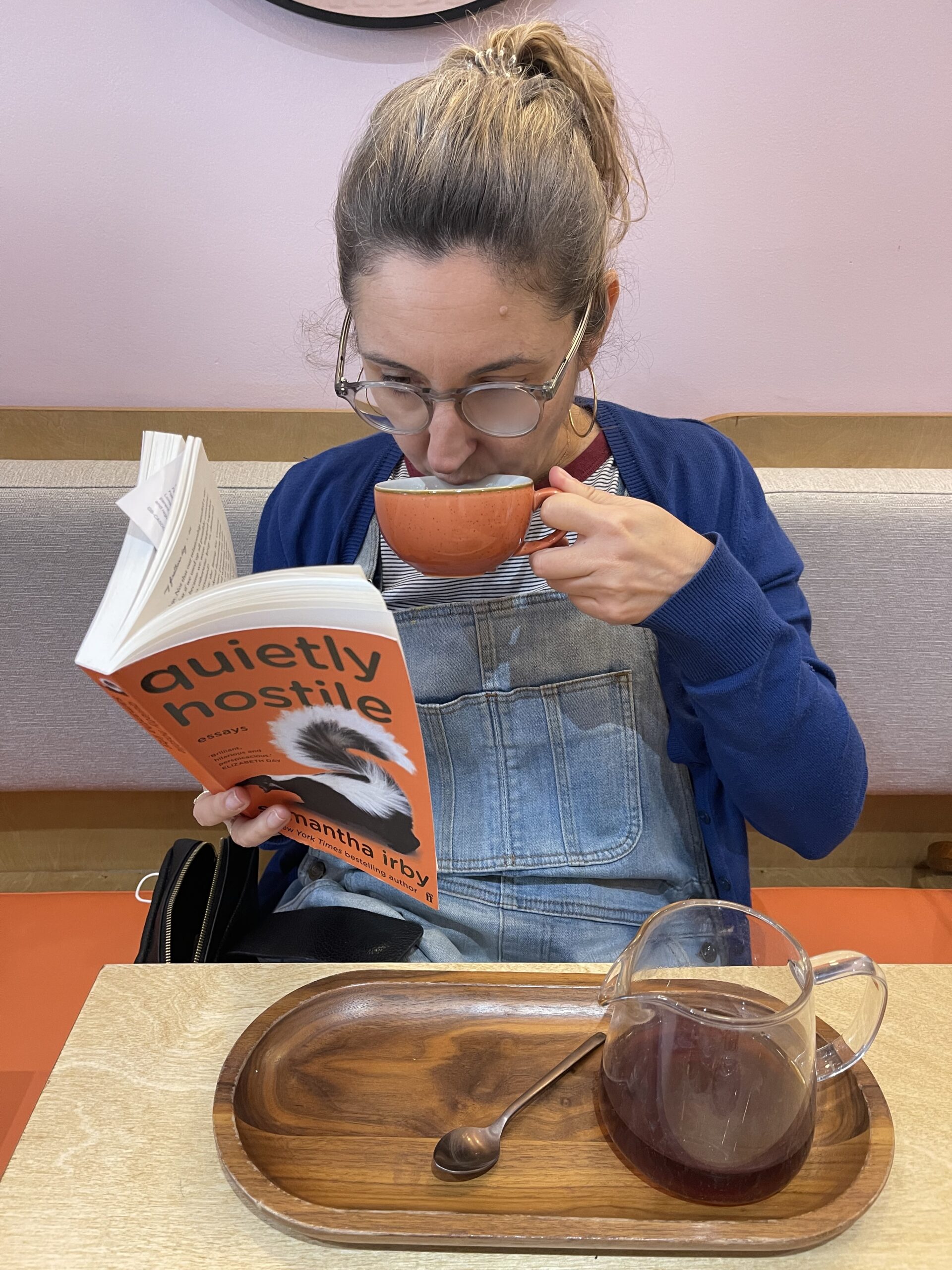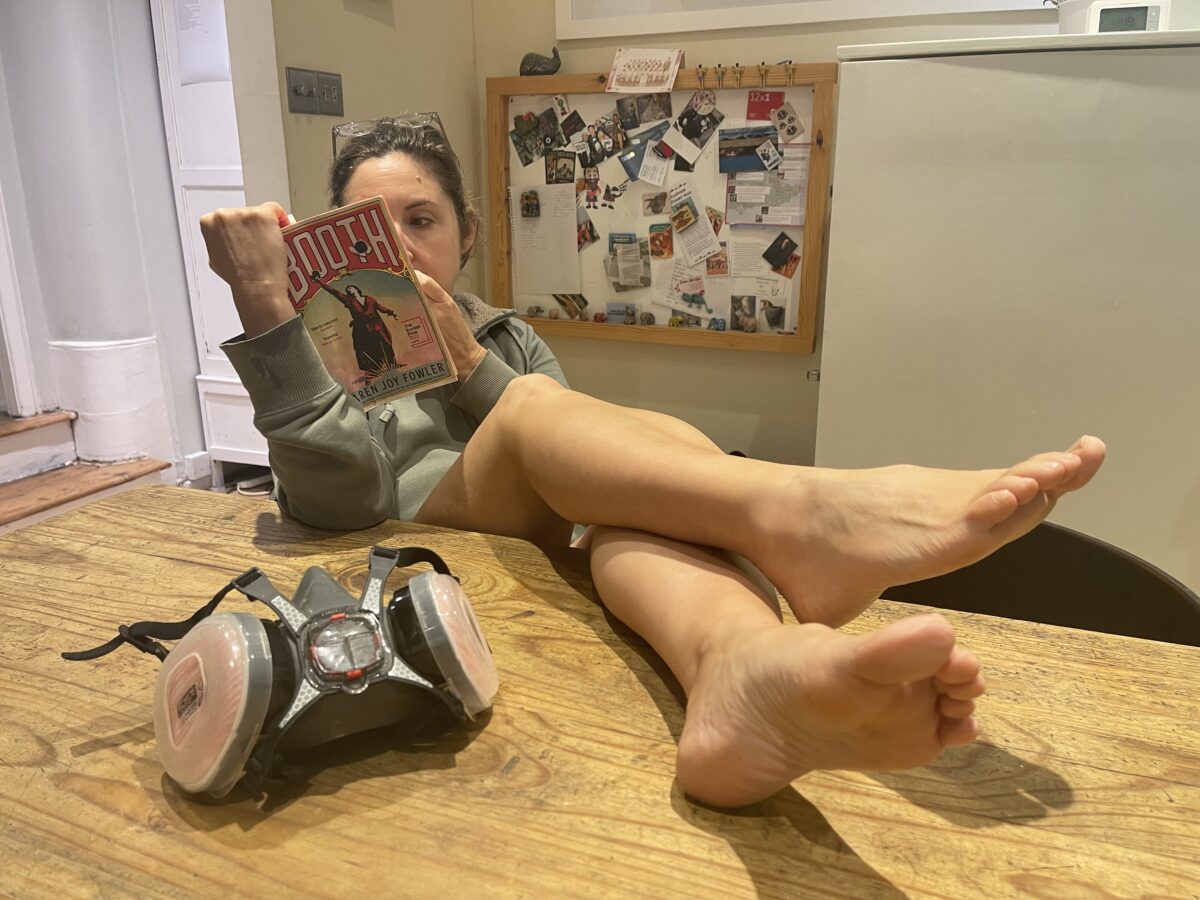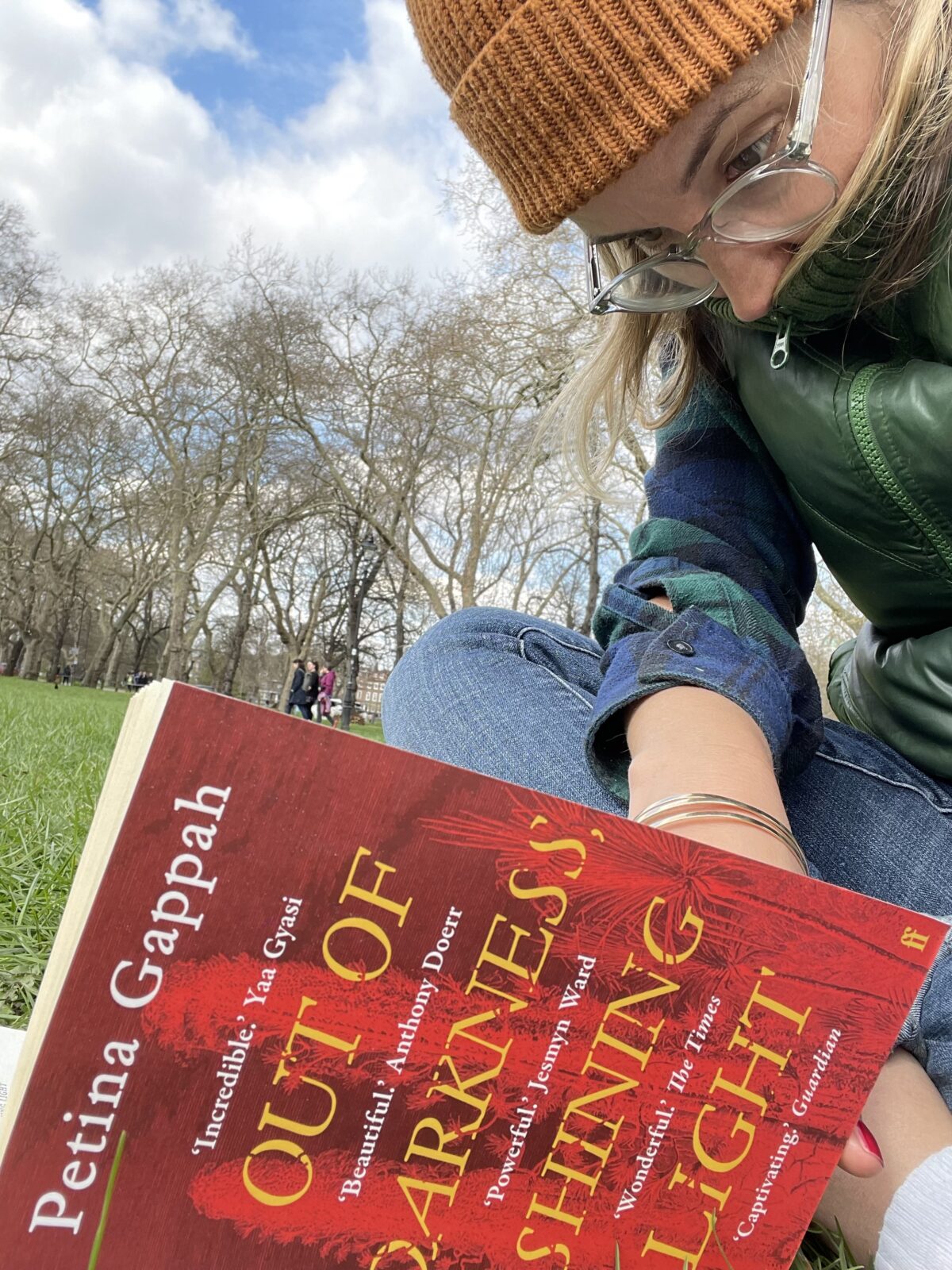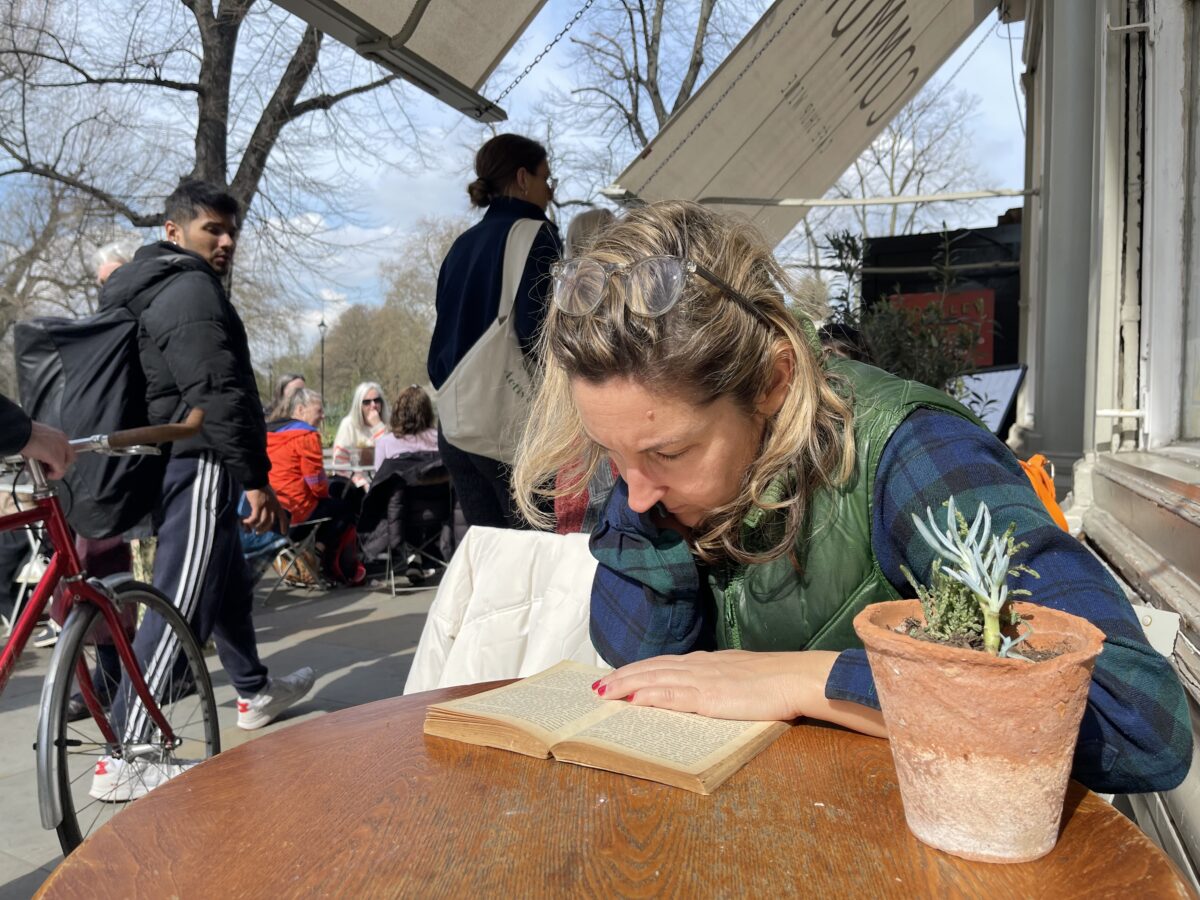Writing about sex is famously hard, but this book makes it look easy. It’s a thriller, in which a woman becomes involved with a homicide detective who she suspects of having himself committed the murder he is investigating, and of thinking of murdering her too. She gets lots of sex from him, and lots of sexual harassment from everybody else.
I can only wonder what New York was like in the 90s. For example: at one point she sits down to eat a hamburger alone in a bar, some guy starts bothering her, and she leaves. What is weird about this is that apparently it was clear to her (and to him) that eating alone was asking for trouble, and when that trouble comes, she does not at all expect anyone to help her. She barely objects. Imagine! I never think twice about eating alone.
The book is so very thriller-y that I was continually surprised to see it was written by a woman, and was interested by this, from the Guardian
Today, speaking to me from New York, (the author) says she realised she had been pigeon-holed as a “woman’s writer”. “And I found that quite limiting. So I decided that I would write a noir thriller, which is more commonly associated with male writers. It was very conscious on my part that I would make it tough and as erotic as possible.”
It’s kind of pot-boilerish, but that’s just what she is going for. And really, she’s a fine writer. Not just about sex, but try this description below, which I find very true of big talkers:
Like most people who are anecdotal, he told me nothing. He revealed nothing about himself. He talked a lot, but he only told me what he wanted me to know. Which wasn’t much.

